World
Out in the World: LGBTQ news from Europe and Asia
Tbilisi Pride in Georgia has cancelled all physical Pride events this year

GEORGIA
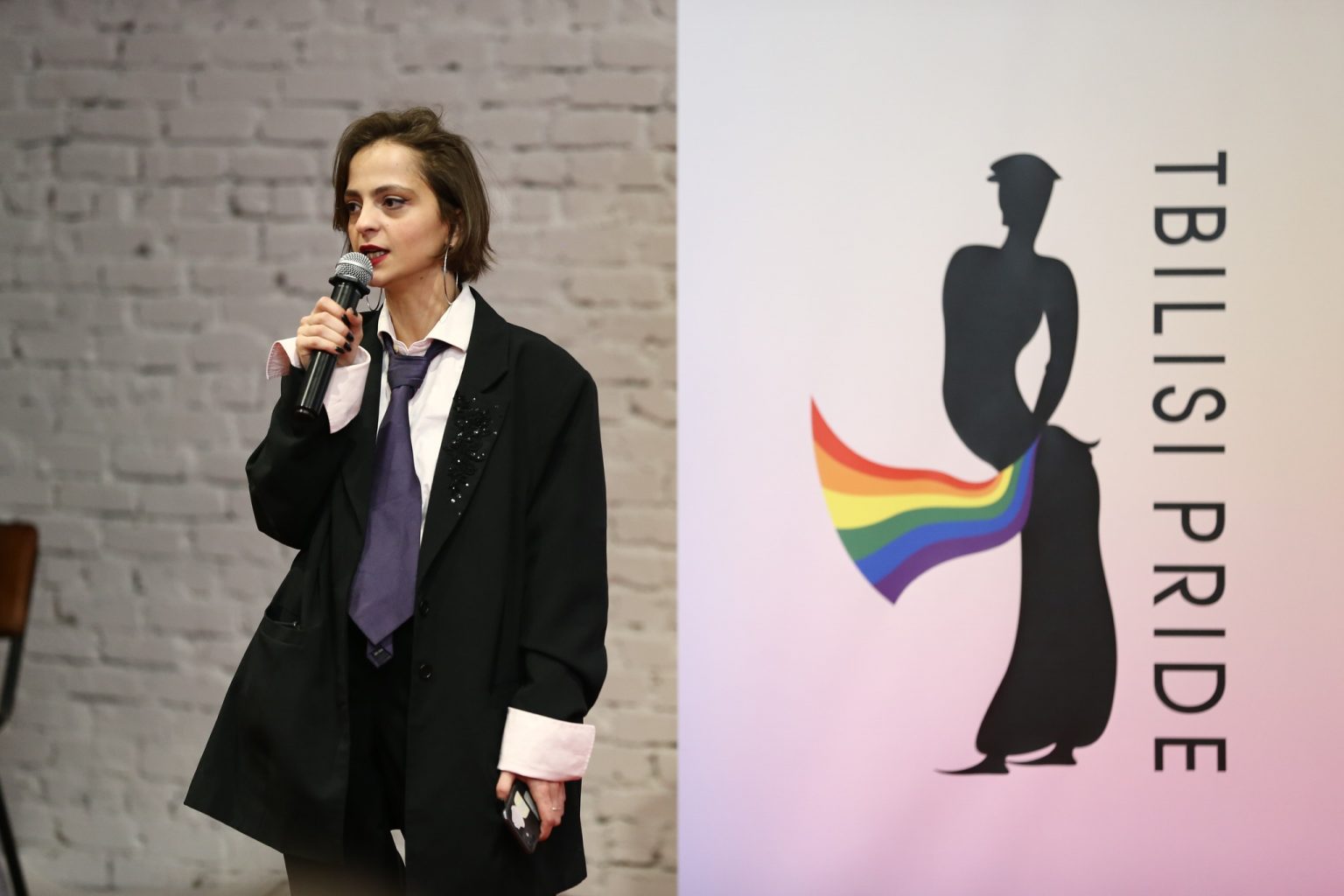
The organization that holds Pride events in the Georgian capital Tbilisi has announced it is cancelling all physical Pride festivities this year, in light of an increasingly hostile environment promoted by the Georgian government ahead of elections this fall.
Tbilisi Pride says in a statement posted to Facebook that they will focus their efforts instead on reaching hearts and minds, with a hope of defeating the government and ending restrictive legislation in the October election.
“We anticipated that the summer before the 2024 parliamentary elections would be filled with physical violence encouraged by the government and rhetoric filled with hate and hostility,” the statement says.
“Now, after ‘Georgian Dream’ adopted the Russian-style law on ‘foreign agents’ and announced a hate-based anti-LGBTQ legislative package alongside constitutional changes, we are even more confident in our decision. We are demonstrating the highest civic responsibility and recognize that the fight for queer rights today is inseparable from the broader people’s struggle against the Russian-style regime. This fight will inevitably end in favor of the people on Oct. 26!
We will use the coming months to bring the message of queer people to more hearts than ever before! We will explain to everyone that homophobia is a Russian political weapon against Georgian society, against the statehood of Georgia! We are patriots of this country and will always and everywhere be where our homeland calls us!”
The U.S. government slapped visa restrictions on members of the Georgian government in response to actions taken to undermine democracy in the post-Soviet nation, just as the government announced a sweeping package of anti-LGBTQ legislation it intends to pass ahead of fall elections.
State Department spokesperson Matthew Miller told a June 6 press conference in Washington that the government had slapped sanctions on “between two and three dozen” individuals who were “responsible for or complicit in undermining democracy in Georgia, such as by undermining freedoms of peaceful assembly and association, violently attacking peaceful protestors, intimidating civil society representatives, and deliberately spreading disinformation at the direction of the Georgian government.”
Citing U.S. privacy law, Miller refused to name any individuals who had been sanctioned. He added that this was considered a “first tranche” of sanctions.
Georgia has been rocked with protests for weeks in response to the “foreign agents” law, which requires media and civil society groups to registers as agents of a foreign power if they receive funding from abroad.
The law was passed by the ruling Georgian Dream Party, vetoed by the president who is a member of the opposition, and then passed with a veto override on May 28.
Modeled after a similar law in Russia, the law is meant to undermine the credibility and actions of bodies that are critical of the government and has drawn fierce criticism from Georgia’s allies in the U.S. and European Union.
Georgia was recognized as a candidate country from EU membership this year, but EU leaders have warned that the law undermines European values and threatens membership negotiations.
At the same time, the Georgian government has introduced a package of anti-LGBTQ legislation also modeled after Russian laws, which it is hoping will fire up its base and divide the opposition ahead of fall elections.
Under the package of laws, the state would be forbidden from recognizing any relationship other than heterosexual relationships, restrict adoption to married heterosexual couples and heterosexual individuals, ban any medical treatment to change a person’s gender and require that the government only recognize gender based on a person’s genetic information, and ban any expression or organization promoting same-sex relationships or gender change.
The bills are meant to be introduced in parliament before the end of the summer session in July, and the government plans to hold a vote on it ahead of elections scheduled for October.
POLAND AND LITHUANIA
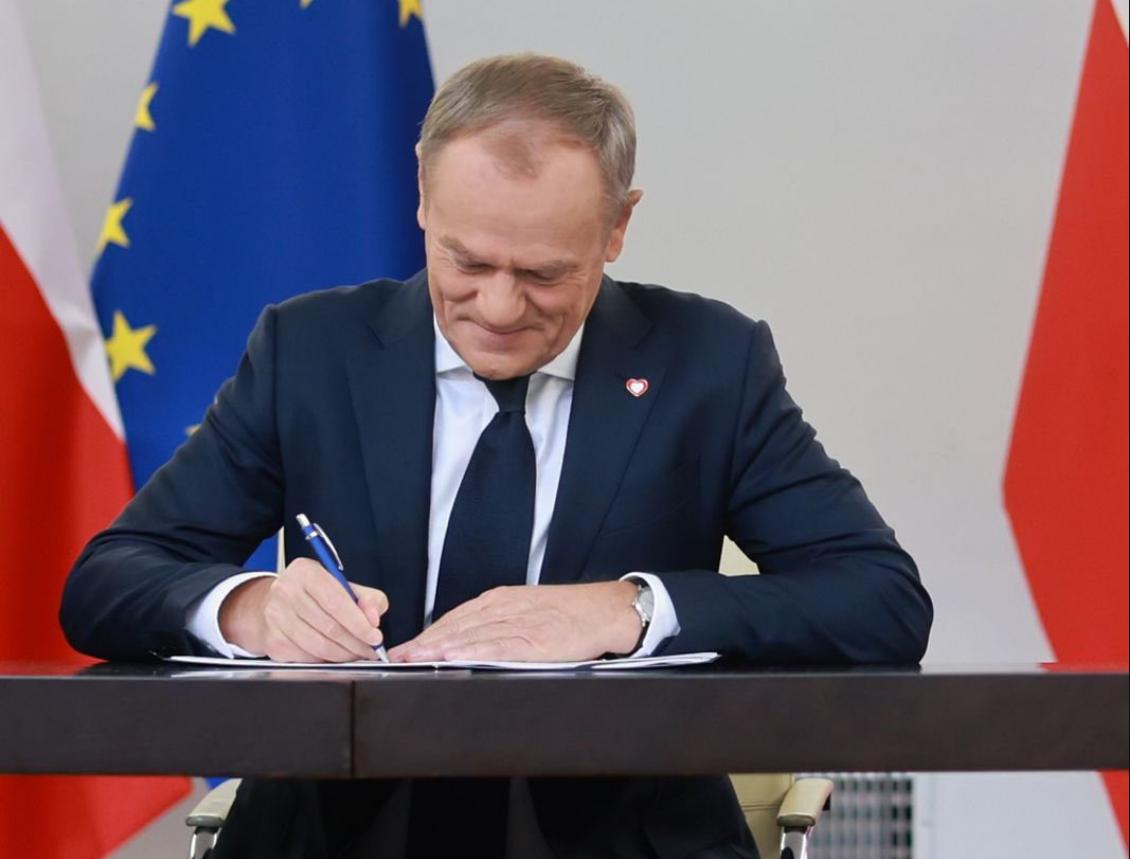
Bitter fights are emerging over civil union legislation in the governing coalitions that run Poland and Lithuania, with left-leaning parties insisting on improving the legal rights of LGBTQ couples and families, while more conservative parties want to maintain the status quo.
In Poland, that’s led to protracted negotiations to get a draft civil unions bill introduced, long after Prime Minister Donald Tusk’s original promise to have the law in place within his first hundred days in office. Tusk was sworn in as prime minister in December.
Tusk’s coalition includes his own centrist Civic Platform party, as well as the left-leaning Left party, and the more conservative Poland 2050 and Polish People’s Party (PSL), the latter of which mostly opposes recognizing same-sex couples. The coalition agreement left out any mention of civil unions.
The ambitious civil union bill aims to be an “all-but-marriage” type of union, complete with adoption rights, which has drawn the ire of the PSL. Negotiations within the coalition have focused on finding a way to get the PSL on board but have so far proved fruitless.
The opposition parties are even more hostile to LGBTQ rights and are not expected to support the bill in any form.
Regardless, Equalities Minister Katarzyna Kotula, who comes from the Left party and has been spearheading the bill, has given the coalition a deadline of the end of June to come to agreement. Failing that, she says she’ll introduce the bill without government support, although that will likely doom it to fail.
A last-ditch negotiation among the coalition partners is expected to take place June 17.
Tusk has struggled to introduce other promised social reforms since taking office. A promised hate crimes and hate speech bill has yet to be introduced. In March, the president, who comes from the conservative opposition Law and Justice Party, vetoed a bill to legalize the morning-after contraception pill.
Duda has not yet revealed if he will veto a civil union bill. The coalition does not have a three-fifths majority in parliament to override a veto.
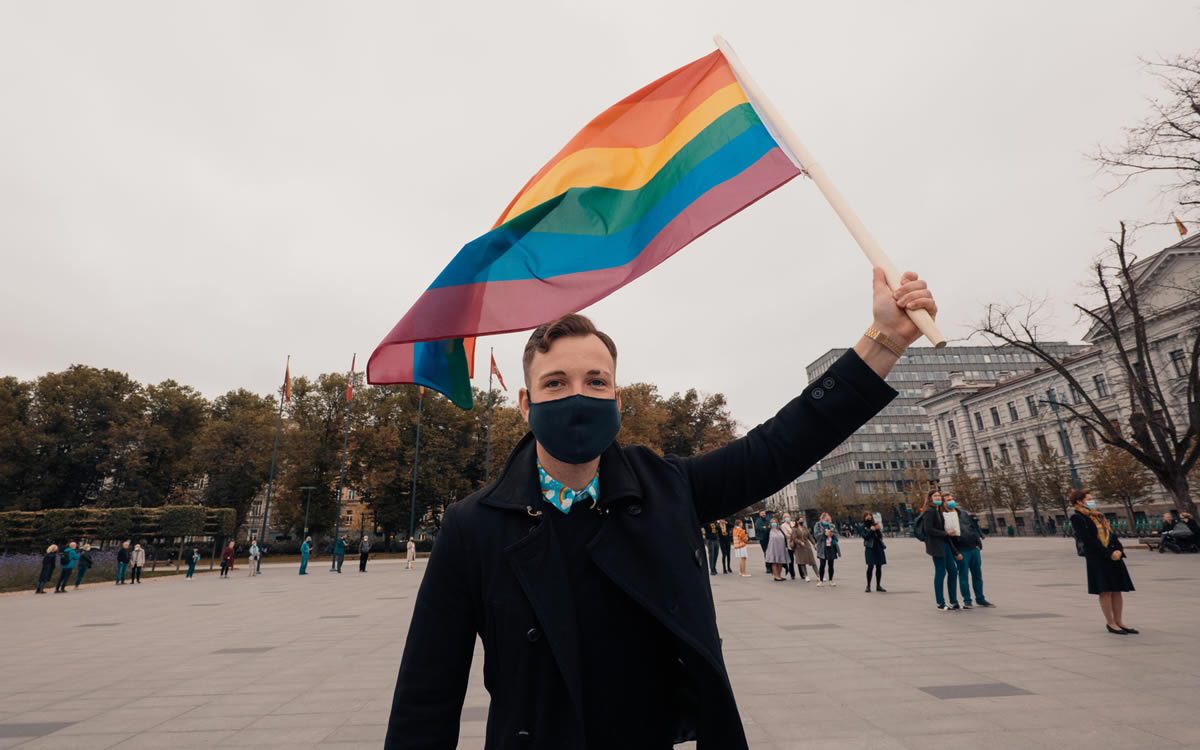
In neighboring Lithuania, tensions over a long-stalled civil union bill erupted into a dispute between coalition partners this week.
The left-leaning Freedom Party has threatened not to support the nomination of Foreign Affairs Minister Gabrielias Landsbergis to the post of European commissioner, given his party’s lack of support for the civil union bill that awaits a third a final vote in parliament.
The dispute has spilled a lot of ink in Lithuanian press, with the coalition partners debating whether or not the threat was appropriate in the circumstances.
Lithuania heads to the polls in October for parliamentary elections.
GREECE
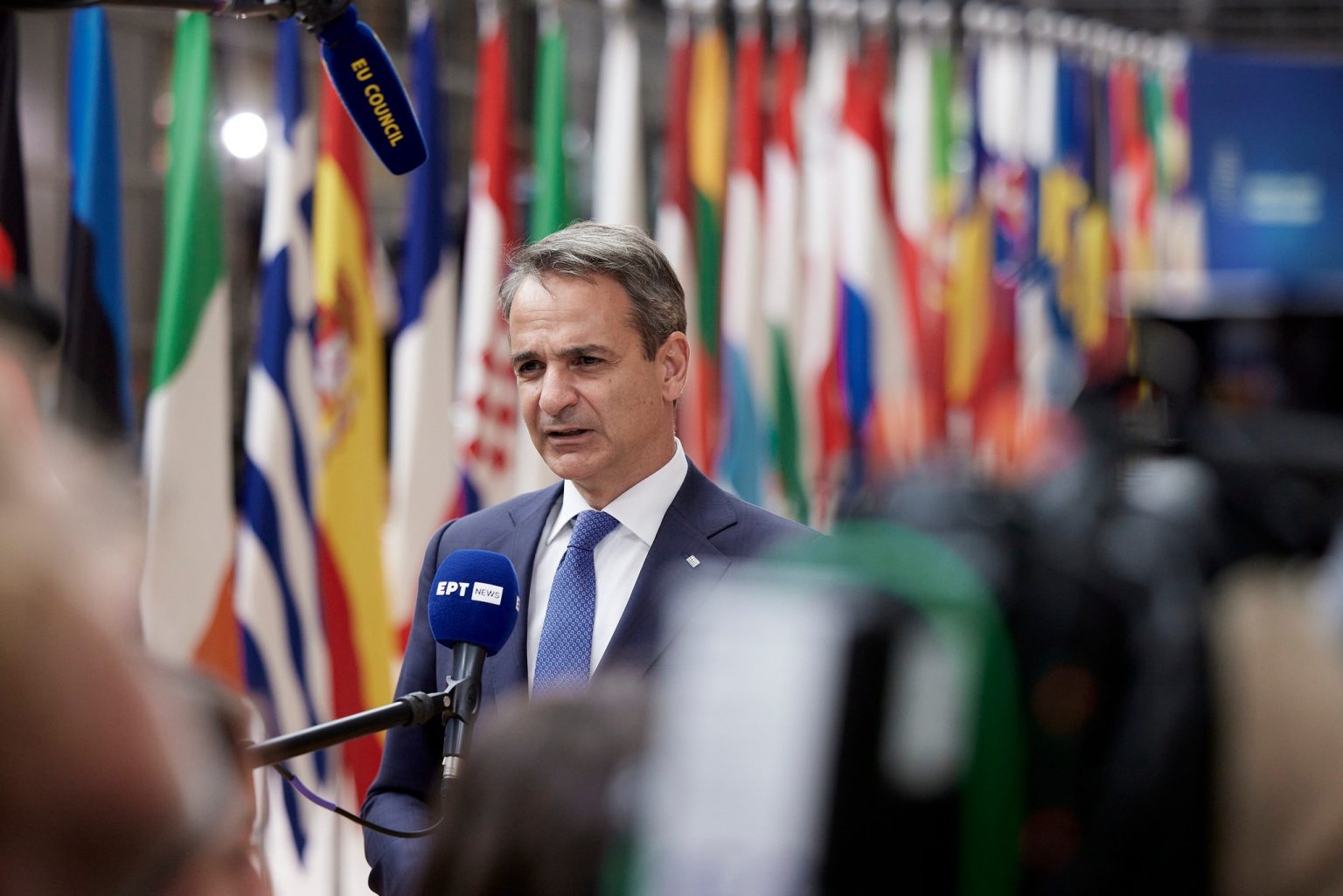
After his party took a drubbing in EU elections last weekend, Greek Prime Minister Kyriakos Mitsotakis says he is going to pause pushing forward new LGBTQ rights legislation, suggesting the new priority is changing minds rather than laws.
Mitsotakis announced his surprise support for same-sex marriage and adoption rights last year after clinching reelection, and his government passed a marriage bill in February.
But in last week’s EU elections, his party’s support dropped nearly five percentage points, while the more radical far-right Greek Solution and the anti-LGBTQ conservative NIKI party collectively gained about 10 percentage points.
Mitsotakis himself speculated to Bloomberg TV that the new same-sex marriage and adoption law passed this year alienated his party’s traditionally conservative base.
Greece is already one of the highest-scoring countries on ILGA-Europe’s Rainbow Map Index, thanks in large part to reforms that Mitsotakis himself ushered in. In addition to same-sex marriage and adoption, his government has banned conversion therapy, banned unnecessary surgeries on intersex children, and set up a National Strategy for the Equality of LGBTQI+ People.
Queer activists in Greece were still calling on the government to facilitate legal surrogacy and automatic parental recognition for same-sex couples, and a simplified process for transgender people to update their legal gender.
FRANCE
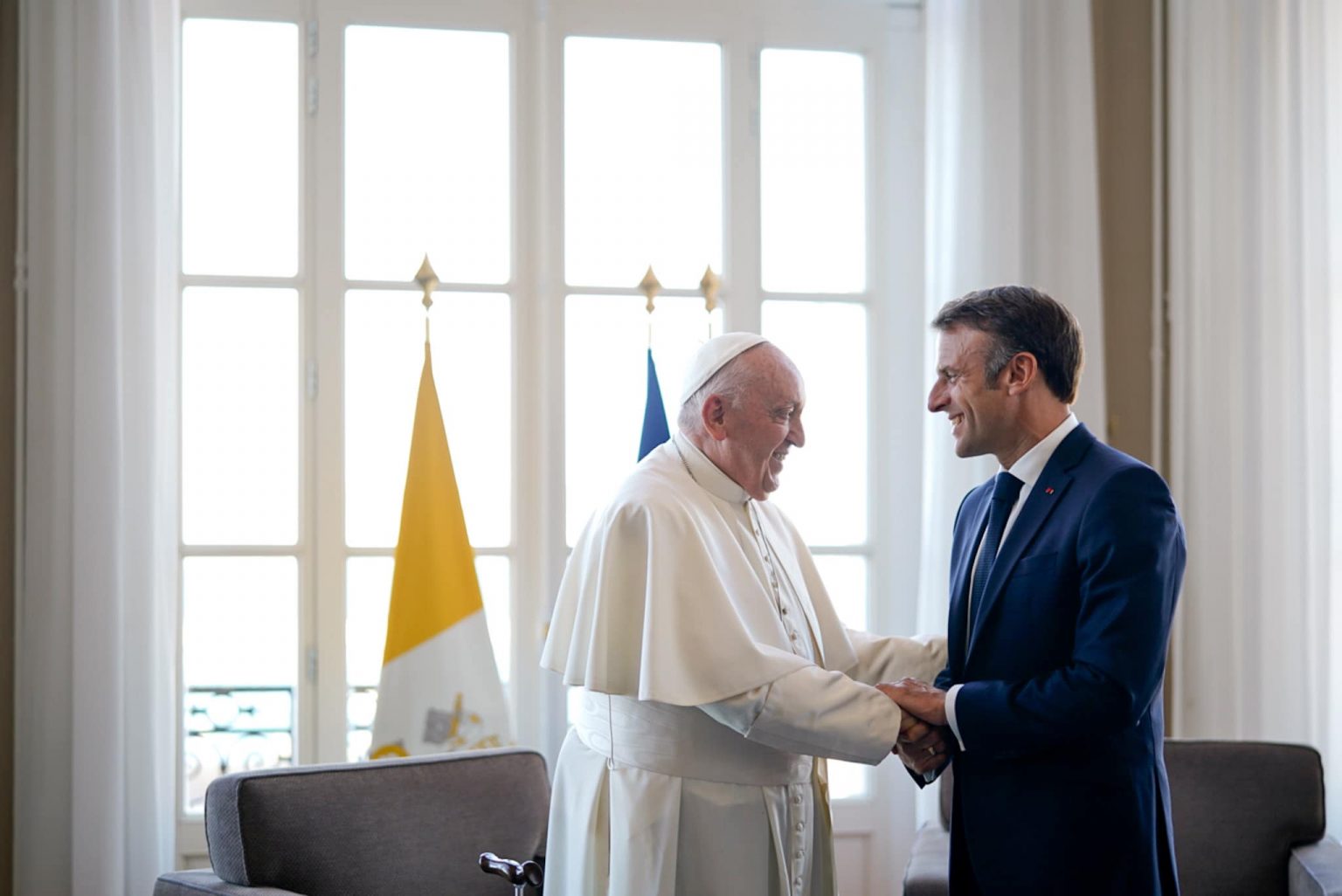
The far-right National Rally party is campaigning on restricting LGBTQ rights in snap parliamentary elections, with prime minister candidate Jordan Bardella supporting restrictions on surrogacy and IVF for same-sex couples.
French President Emmanuel Macron announced snap parliamentary elections after his party’s poor showing in the European Parliamentary elections last weekend. National Rally won the most votes in that election and is polling strongly ahead of the June 30 first-round vote. However, French elections are run in a two-round system, and National Rally often fails to win second-round votes as voters coalesce around a less unappealing compromise candidate to block them.
In the past, National Rally has campaigned strongly against LGBTQ rights, especially same-sex marriage, but they appear to have conceded that marriage equality is settled law.
While campaigning ahead of the EU elections, Bardella appeared on the French television show “Le Grand Oral”, where he reiterated his opposition to surrogacy.
Bardella also bitterly opposed Macron’s 2019 law which finally allowed lesbians to have access to in-vitro fertilization.
He told local television at the time, “There is no right to having children. Children have a right to have a father and a mother and this law creates children without fathers.”
National Rally’s opposition to same-sex parenting mirrors that of Italy’s far-right Prime Minister Giorgia Meloni, under whose watch the Italian government has stripped parental recognition from same-sex couples and imposed criminal penalties on Italians who conceive children via surrogacy.
The first week of the truncated election has taken a number of surprising turns. The mainstream right-wing party, the Republicans, has been in turmoil since its president announced his party would consider a coalition with the National Rally, which led party members to oust him and an embarrassing schism where he barricaded himself in the party headquarters and took over the party’s social media.
And in a bit of news that may be a little on-the-nose, the National Rally has nominated a man named Guillaume Bigot as their candidate in Belfort in northeastern France.
PAKISTAN
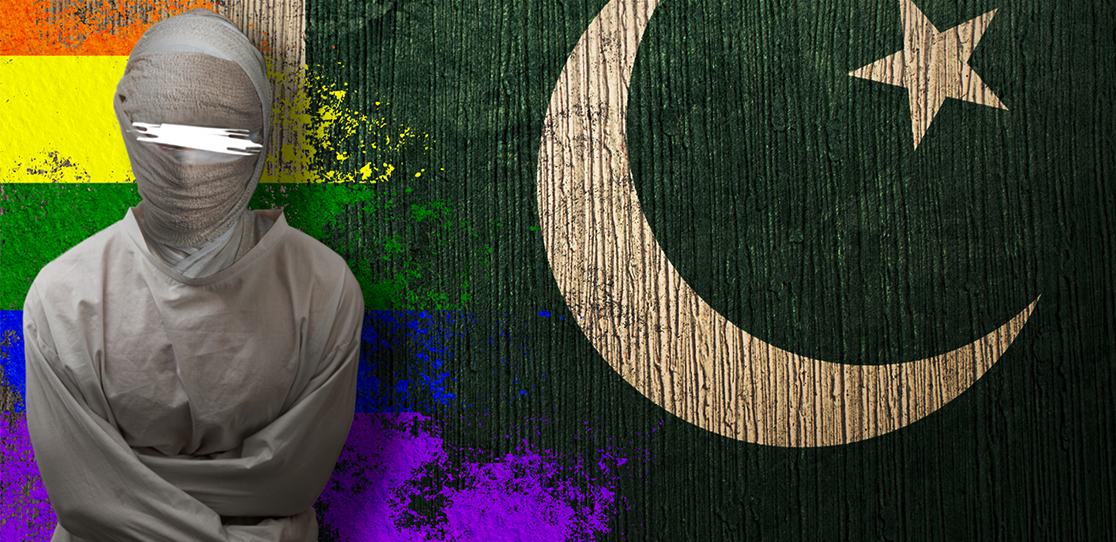
A Pakistani man was apparently committed to a mental hospital after he attempted to open a gay bar in Abbottabad, Pakistan, this month.
The man, whose identity has not been disclosed, had apparently hoped to open the country’s first gay bar in the city of 250,000 people, about 75 miles north of Islamabad.
Abbottabad is best known in the west as the city where Osama bin Laden was found and killed by U.S. Forces in 2011.
According to the Telegraph newspaper, the man had applied to open “Lorenzo Gay Club,” which he described in his application to civic authorities for a “No Objection Certificate” as a “great convenience and resource for many homosexual, bisexual and even some heterosexual people residing in Abbottabad in particular, and in other parts of the country in general.”
The application, dated May 8, also insisted that “there would be no gay (or non-gay) sex (other than kissing)” and that a notice would be posted on the wall to warn against “sex on premises.”
The applicant describes the club as “a matter of the basic human right of free association, as established in the constitution.”
Gay sex is illegal in Pakistan, which is an officially Islamic republic. A conviction would carry up to two years in prison, but the law is rarely applied as it is difficult for anyone to be openly gay in the strictly conservative country.
The application sparked considerable debate online, after a copy of the application was released to the local media. The application seen in the “Pakistan Observer” is signed by a Preetum Giani, but it is not clear if that is the applicant or a representative.
According to the Telegraph, the man was committed to the Sarhad Hospital for Psychiatric Diseases in Peshawar on May 9, and friends have been unable to reach him since. Friends who spoke to the newspaper say they are worried about his safety, but also worried for their own safety if they speak out.
The Telegraph also reports that far-right politicians in Pakistan had threatened violence and arson against the club if it had been allowed to open.
The applicant had previously told the paper that he believed it was important to stand for human rights, and that he would defend the right to open the club in the courts, in hopes that Pakistan’s courts would follow neighboring India’s lead, where gay sex was decriminalized in 2018.
SINGAPORE

A new Ipsos poll has revealed a slight majority of Singaporeans support laws banning anti-LGBTQ discrimination, and support legal recognition of same-sex couples and adoption.
The poll found that 54 percent of respondents agreed that same-sex couples should have the right to marry, and 57 percent agree they should have the right to adopt, compared to only 25 percent who oppose same-sex marriage and 30 percent who oppose same-sex couple adoption rights.
On both questions, a large number of respondents were unsure or had no opinion.
An even larger number of respondents supported anti-discrimination protections for LGBTQ people. Nearly three-quarters of respondents said that LGBTQ people should have discrimination protections in employment and housing, although only 40 percent supported legislation to that effect, while 20 percent opposed it, and another 40 percent were unsure.
There are no specific anti-discrimination laws protecting LGBTQ people in Singapore.
The poll found strongest support for LGBTQ rights among younger respondents as compared to older generations.
Two years ago, Singapore repealed a colonial-era law that criminalized gay sex. But at the same-time, parliament also amended the constitution to require parliamentary approval for same-sex marriage.
These poll numbers may indicate that eventual legalization could be possible.
Mexico
Gay couple claims Puerto Vallarta wedding venue discriminated against them
Jeremy Alexander and Ryan Sheepwash wanted to get married at Sheraton hotel

A gay couple claims a hotel in a Mexican resort city that is popular with LGBTQ travelers discriminated against them when they tried to book their wedding.
Jeremy Alexander and Ryan Sheepwash in a TikTok video said they contacted the Sheraton Buganvilias Resort and Convention Center in Puerto Vallarta about holding their wedding at the property.
The couple, who live in Vernon, British Columbia, provided the Washington Blade with an invoice that Gabriela Espinoza, a wedding planner at the property, sent them on Jan. 17, 2025.
The invoice said 25 “deluxe ocean view room — all inclusive” rooms cost $970 a night. The total cost for the 25 rooms was $72,750.
Alexander in the TikTok video said it took Espinoza three months to send them the quote. The property, according to Alexander, requested a $36,000 deposit for half of the rooms.
“It’s not reasonable,” he said. “No one can afford that.”
Alexander said Espinoza told him and Sheepwash that the earliest they could have their wedding at the property was March 2027. Alexander in the TikTok video said he and Sheepwash asked a straight friend to “request a quote just to see apples to apples what it looks like.”
Ximena Esparza, another wedding planner at the property, on Feb. 7, 2025, sent the friend a quote for 25 rooms for a hypothetical wedding that was to have taken place from Feb. 19-26, 2026.
The quote for a “deluxe package” for 50 people was $8,500 and required a 20 percent deposit of $1,700.
“We just feel defeated,” said Sheepwash in the TikTok video. “It’s not fair because we love each other and we really want to get married, and we want to make it special and we want to make it perfect.”
@illuminaughtytriangle So disappointed that my fiancée and I got discriminated against by #Sheraton in #puertovallarta ♬ original sound – Jeremy Alexander
The Blade in 2019 reported the Sheraton Buganvilias Resort and Convention Center refused to allow Josh Rimer, a gay Canadian vlogger and television host who is also Mr. Gay Canada 2019, and his then-fiancé to hold their wedding at the property.
The invoice that Espinoza sent to Alexander and Sheepwash notes the hotel is “operated under license from Marriott International, Inc., or one of its affiliates.”
A spokesperson for Marriott, which is based in Bethesda, Md., and is Sheraton’s parent company, in response to Rimer’s allegation said the corporation reached out to him to express “our sincerest apologies for his experience.”
“We are troubled and greatly concerned about the experience reported by Mr. Rimer. Marriott has long been committed to providing an environment where all are welcome including our LGBTQ guests and their loved ones,” said the spokesperson. “In addition, we are looking further into the matter to better understand what happened and do what we can to prevent hurtful experiences like this from happening again.”
A Marriot spokesperson on Thursday told the Blade the company has “reached out to Mr. Sheepwash and Mr. Alexander to learn more about their experience and are working with the property to offer a solution.”
“The Sheraton Buganvilias has been active in the LGBTQ+ community in Puerto Vallarta for years, hosting LGBTQ+ weddings and groups and also supporting Pride events in Puerto Vallarta,” said the spokesperson. “Marriott remains steadfast in our commitment to ensure guests are treated with respect and understanding.”
Chile
Transgender woman sues Chilean national police
Isabella Panes alleges she suffered harassment, exclusion after becoming ‘carabinera’

Isabella Panes in 2022 was celebrated as a symbol of inclusion.
Wearing an olive green uniform and a shy smile, she appeared in the media and on social media as Chile’s first trans female “carabinera” or national police officer. The Carabineros promoted Panes as a sign of openness, but that story has become a dramatic case of institutional discrimination.
Panes today faces the Carabineros in court.
She has denounced a series of systematic acts of exclusion, harassment at work, and violation of fundamental rights that she and her defense team maintains pushed her into a mental health crisis that almost cost her her life.
“My hope is that tomorrow we will be able to live in a world of equality for all. Just that we understand that we are human beings and we have to make life a lot easier for each other,” Panes told the Washington Blade during an exclusive interview.
Panes, 29, grew up in Laja in the Biobío region.
She dreamed of becoming a “carabinera” since she was a child, despite the fact that she faced discrimination because of her gender identity. After years of effort, surgeries and a difficult transition, Panes enrolled in the Carabineros Academy in 2021.
Panes faced the challenge of making her medical processes compatible with the physical demands of training. Even so, she graduated with good marks, and was recognized as part of the new institutional image the Carabineros wanted to project after the 2021 social unrest tarnished their image.
This institutional support disappeared after the media campaign.
Panes alleges she was marginalized from operational duties and relegated to administrative tasks, despite her interest in and training to patrol the streets like any other officers.
“I joined the Carabineros to serve, not to be a marketing decoration,” she said. “I was offered to be part of the change, but only if I kept quiet and accepted the mistreatment.”
The accusations against the Carabineros are serious: Constant mockery by colleagues, dissemination of private information about her personal life, invasive questions about her body and sexual orientation. Panes’s legal representatives said this abuse took place within a context where the institution did not take effective measures to protect their client.
The Carabineros Social Security Administration, known by the Spanish acronym Dipreca, also refused to cover her transition-related medical procedures, arguing they were “aesthetic,” despite medical reports that indicated their importance for Panes’s mental health and well-being.
Panes in January attempted to kill herself by suicide. She managed to survive after calling Chile’s 4141 mental health care number for help.
“They were killing me slowly, from the inside,” said Panes.
Panes has brought her case to the Supreme Court after a lower court ruled in favor of Dipreca’s decision to not cover her medical treatments.
Her legal team in a lawsuit has also accused the Carabineros of employment and systematic discrimination. Panes is seeking damages and institutional reforms.
“The Carabineros used Isabella to clean up its public image, but when it came to guaranteeing real rights, they abandoned her,” said Javiera Zúñiga, spokesperson for the Movement for Homosexual Integration and Liberation, a Chilean advocacy group.
“It is not enough to show up at the Pride march,” she added. “True inclusion is demonstrated in deeds, in daily dealings, in respect for the dignity of all people.”
Panes’s case starkly exposes the limits of diversity policies when there is no deep institutional commitment to implement them.
“I am no longer afraid,” said Panes, ”What happened to me cannot happen again. Not for me, but for all those who come after me.”
Brazil
US lists transgender Brazilian congresswoman’s gender as ‘male’ on visa
Erika Hilton has represented São Paulo since 2022

A transgender Brazilian congresswoman says the U.S. issued her a visa that listed her gender as “male.”
Erika Hilton on Wednesday wrote on her Instagram page that she requested a visa that would have allowed her to travel to the U.S. in order to participate in the Brazil Conference at Harvard University and the Massachusetts Institute of Technology.
The conference took place earlier this month.
“I was classified as ‘male’ by the U.S. government when I went to get my visa,” wrote Hilton, who added a visa she received from the U.S. in 2023 listed her gender as “female.”
Hilton is a Black travesti and former sex worker from São Paulo who won a seat in the Brazilian Congress in 2022. The Washington Blade spoke with Hilton shortly after her election.
“It is a big responsibility … but I feel very honored,” said Hilton. “I very much like to be able to be a representative for my people, and the more than 250,000 people who voted for me have confidence in me,” she said after she spoke at a rally in support of now Brazilian President Luiz Inácio Lula da Silva in a São Paulo square. “This demonstrates that our work has the potential to have a gigantic reach; where we can advance efforts to end death, poverty, misery, genocide that we have.”
President Donald Trump in his inaugural speech announced the federal government’s “official policy” is “there are only two genders, male and female.” The Trump-Vance administration has also banned the State Department from issuing passports with “X” gender markers.
Germany and Denmark are among the countries that have issued travel advisories for trans and nonbinary people who plan to visit the U.S. These warnings come ahead of WorldPride, which is scheduled to take place in D.C. from May 17-June 8.
Hilton said she is “not surprised” the U.S. issued her a visa with a male gender marker.
“I’m also not surprised by the level of hatred and fixation these people have with trans people,” she said. “After all, the documents I presented are rectified, and I’m registered as a woman, even on my birth certificate.”
Hilton further accused the U.S. of “ignoring official documents from other sovereign nations, even from a diplomatic representative.”
“At the end of the day, I’m a Brazilian citizen, and my rights are guaranteed and my existence is respected by our own constitution, legislation, and jurisprudence,” she said.
Editor’s note: Duda Salabert, another transgender Brazilian congresswoman, also said the U.S. listed her gender as “male” on her American visa.
-

 District of Columbia5 days ago
District of Columbia5 days agoFinal push to raise funds, fill D.C. hotels as WorldPride nears
-

 El Salvador3 days ago
El Salvador3 days agoGay Venezuelan makeup artist remains in El Salvador mega prison
-

 District of Columbia4 days ago
District of Columbia4 days agoReenactment of 1965 gay rights protest at White House set for April 17
-

 Maryland4 days ago
Maryland4 days agoFreeState Justice: Transgender activist ‘hijacked’ Moore’s Transgender Day of Visibility event












